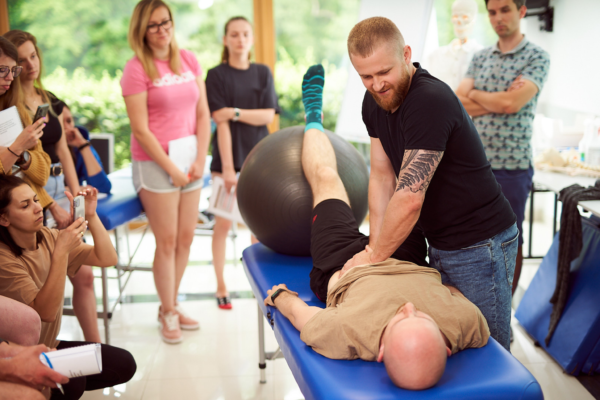
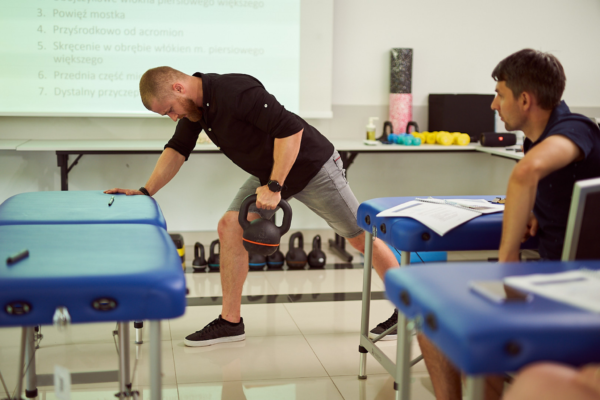
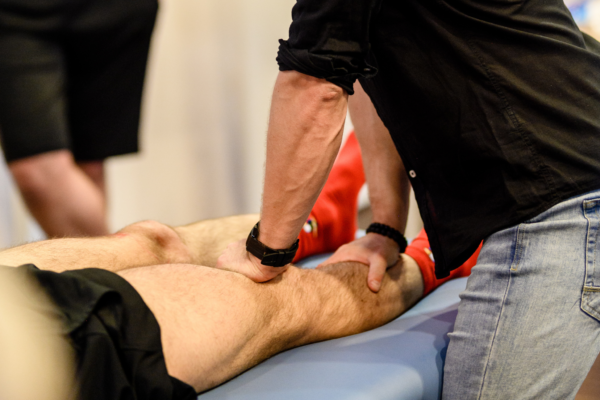
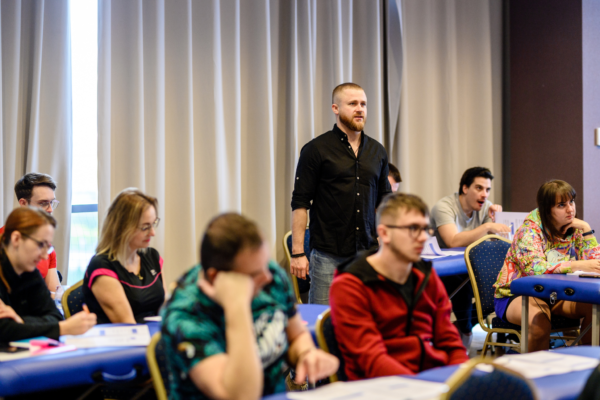
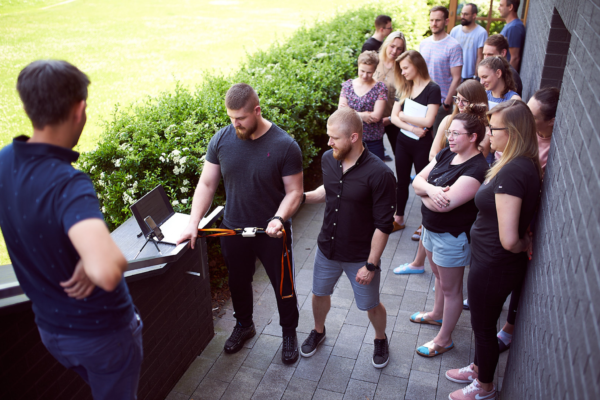
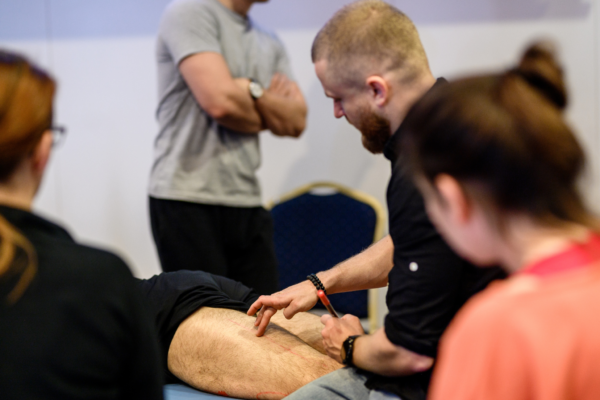
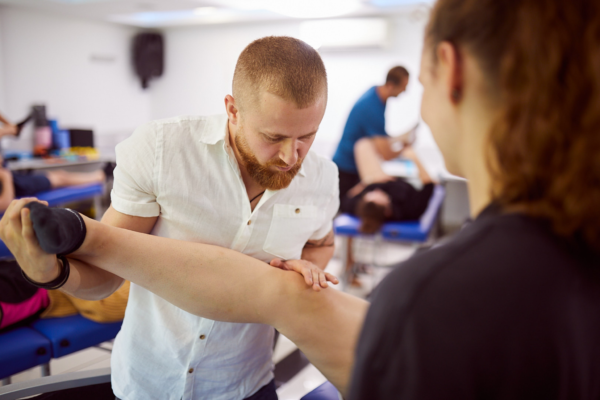
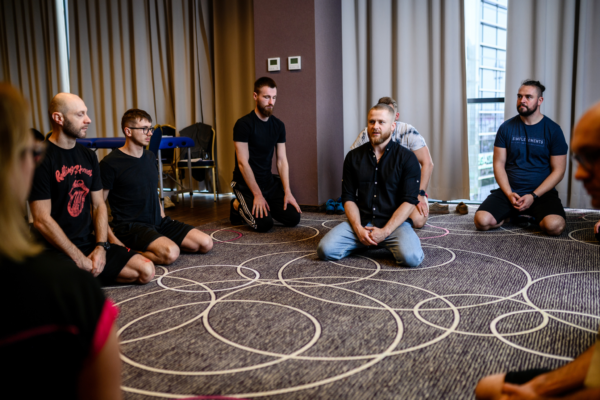
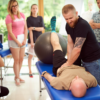
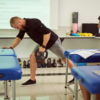
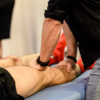
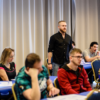
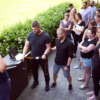
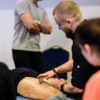
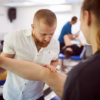
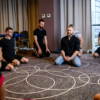
PHYSIOTHERAPY IN ORTHOPEDIC INJURIES
2 650,00 zł
Course by Paweł Błachotnik, who shows how to work with patients in post-traumatic and post-operative rehabilitation of selected joints of the limbs. A three-day training in post-traumatic and post-operative rehabilitation of selected joints of the limbs.
The post-operative phase or the initial weeks after an injury are of great importance for every patient! This is a period that demands not only a lot from the patient, but also from the therapist.
A physiotherapist conducting such treatment must demonstrate an understanding of: the biomechanics of the injury, the biology of the tissues undergoing healing, possible complications, and the ability to recognize red flags that should be identified as soon as possible.
To meet these needs, I created a course Physiotherapy
in orthopedic injuries, which will increase your competences to manage the patient in such a special period for him.
Movement as the key to maximum functionality
My rehabilitation mission of working with people is to work with the musculoskeletal system called the movement system. I believe that this term also covers the best way to treat it, i.e. "movement". Therefore, in my opinion, in parallel with pain reduction through all manual and tool techniques, there should be a need to improve motor functionality, because it is a test of this system in practice and a verification of our physiotherapeutic work.
My internal physiotherapist defines rehabilitation as "a set of physical and cognitive activities aimed at loading the musculoskeletal system as quickly as possible in accordance with its maximum current potential."
Purpose of the course Physiotherapy in orthopedic injuries
During the three-day training, you will learn a work system based on functional diagnostics, the physiology of tissue healing, progress monitoring and current knowledge in the field of physiotherapy. This training will help you manage patients independently in a competent and safe manner.
A ilustrated and dynamic approach to biomechanics and characteristics of common postoperative conditions, acute injuries and chronic ailments will help you better understand how to work with these areas of the body.
Three main pillars of the seminar:
- 1. Functional diagnostics, both classic orthopedic and active motor diagnostics, allowing to assess the initial condition and progress of physiotherapy.
- Terapia manualna tkanek miękkich oraz mobilizacje/ manipulacje stawów obwodowych służące modulacji odczuwania bólu po to by jak najszybciej móc przystąpić do progresywnego obciążenia tkanek układu ruchu.
- 3. Rehabilitation kinesitherapy means skillful training even in the presence of patient discomfort. The practical part regarding movement will allow you to experience first-hand the ways of loading the musculoskeletal system in order to be able to dose this form of therapy more effectively, improving our coaching competences.
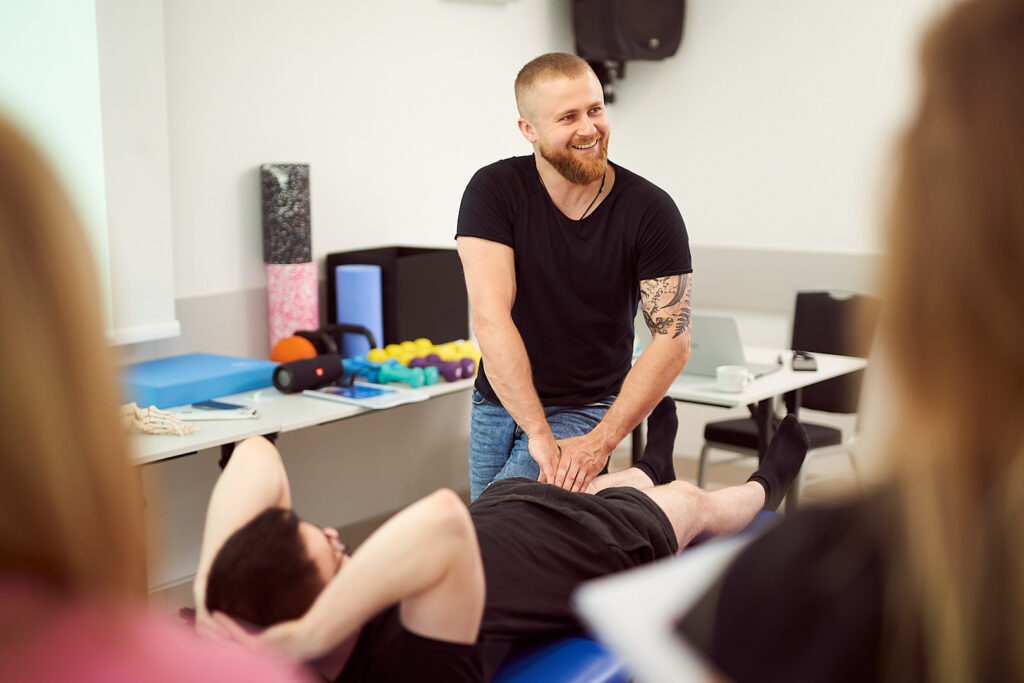
What will you learn?
During the course you will learn:
- Functional diagnostics and functional assessment of the knee and shoulder joints.
- Managing patients after ACL, MPFL, MCL reconstruction and meniscus repair.
- Manual therapy of the lower limb for soft tissues and joint mobilization
- Prowadzenia pacjentów po naprawie stożka i szyciu mankietu rotatorów stawu ramiennego.
- Manual therapy of the upper girdle for soft tissues and joint mobilization.
For whom is this course?
For course Physiotherapy
in orthopedic injuries we invite physiotherapy students and representatives of medical professions to the course: doctor, dentist, surgeon, physiotherapist, nurse, midwife, paramedic, massage technician, osteopath, medical assistant, orthopedic technician, occupational therapist.
Do you work in another medical profession? Contact us!
WEBINAR:
Kinesiotherapy and manual therapy for painful shoulder
Watch a webinar during which we will examine common shoulder girdle deficits that we encounter in everyday physiotherapy practice. Specific tasks that our shoulder complex is subjected to require understanding certain features and therapeutic goals that are worth implementing into our therapeutic work. Division of the girdle by deficits automatically suggests a pool of solutions that our kinesitherapy and manual therapy should take into account.
09:00 – 09:45
Staw kolanowy: Funkcja, anatomia, biomechanika, aspekty neurologiczne
09:45 – 10:30
Injury mechanics and biological consequences (ACL, PCL, MCL, LCL, MPFL, menisci, cartilage, joint capsule)
10:30 – 10:45
Break
10:45 – 11:30
Risk factors
11:30 – 12:15
Diagnostyka funkcjonalna (ACL, ML, MM, MCL, MCL). Ocena czynnościowa mięśni
12:15 – 12:30
Break
12:30 – 13:15
Planowanie rehabilitacji. Techniki przeciwobrzękowe. Rehabilitacja przedoperacyjna
13:15 – 14:00
Procedury pooperacyjne (rekonstrukcja ACL: StG, BTB). Podstawy kinezyterapii (dawkowanie ruchu, modyfikacje intensywności, RIR/RPE)
14:00 – 15:00
Break
15:00 – 15:45
Types of isometric training and its practical use
15:45 – 16:30
Protokół: ACL StG i BTB- kinezyterapia. Praca z deficytami wyprostu
16:30 – 16:45
Break
16:45 – 17:30
Czerwone flagi. Naprawa łąkotki- protokół
17:30 – 18:15
EBM review
09:00 – 09:45
Staw kolanowy: terapia manualna tkanek miękkich: techniki mięśniowo- powięziowe i narzędziowe
09:45 – 10:30
Manualne mobilizacje stawowe. Protokół MCL, MPFL
10:30 – 10:45
Break
10:45 – 11:30
Powikłania pourazowe i pooperacyjne – diagnostyka
11:30 – 12:15
Questionnaires (Tegner, Lysholm, IKDC)
12:15 – 12:30
Break
12:30 – 13:15
Artrofibroza, Diagnostyka
13:15 – 14:00
Anatomia i diagnostyka powikłań
14:00 – 15:00
Break
15:00 – 15:45
Manual therapy of soft tissues: myofascial and tool techniques
15:45 – 16:30
Mobilizacja czynne. Mobilizacje bierne
16:30 – 16:45
Break
16:45 – 17:30
Obręcz barkowa: Anatomia, biomechanika. Klasyfikacja barków ze względu na deficyt
17:30 – 18:15
Podstawy kinezyterapii (stan ostry, izometria bez overhead, kontrola łopatki, wznosy, push and pull, bark sztywne, wzorce lokomocyjne, plyometria
08:00 – 08:45
EBM review - demythologization
08:45 – 9:30
Patologie i urazy obręczy barkowej ( zamrożony bark, uszkodzenia mankietu rotatorów, uwięźnięcia nerwów, uszkodzenia typu SLAP, zwichnięcia stawu ramiennego, TOS)
9:30 – 9:45
Break
9:45 – 10:30
Diagnostyka funkcjonalna i różnicowa
10:30 – 11:15
Terapia manualna tkanek miękkich
11:15 – 11:30
Break
11:30 – 12:15
Mobilizacje
12:15 – 13:00
Protokoły: Uszkodzenia typu SLAP, naprawa mankietu rotatorów
13:00 – 13:45
Omówienie przypadków gabinetowych
13:45 – 14:00
SUMMARY AND CLOSING OF THE COURSE
Uzyskaj unijne wsparcie …
… i płać nawet 50% mniej za szkolenia!
Nieważne czy masz 18, 35 czy 58 lat!
Dzięki dofinansowaniu z Unii Europejskiej, możesz skorzystać z nieoprocentowanej „Pożyczki na kształcenie” – bez prowizji, bez dodatkowych kosztów, a na koniec – uzyskać nawet 50% umorzenia!
Nie zwlekaj i skorzystaj już dziś – ilość środków jest ograniczona!

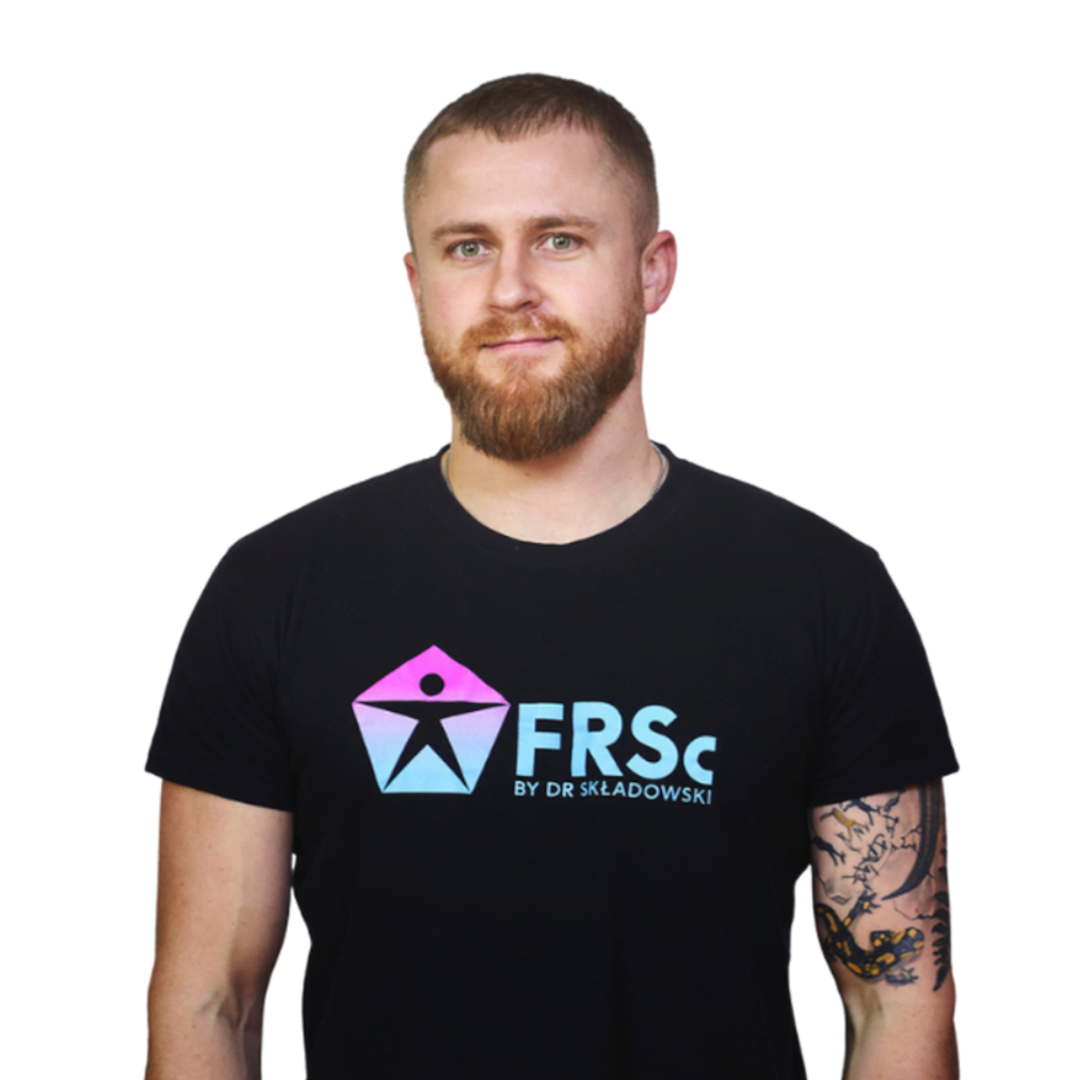
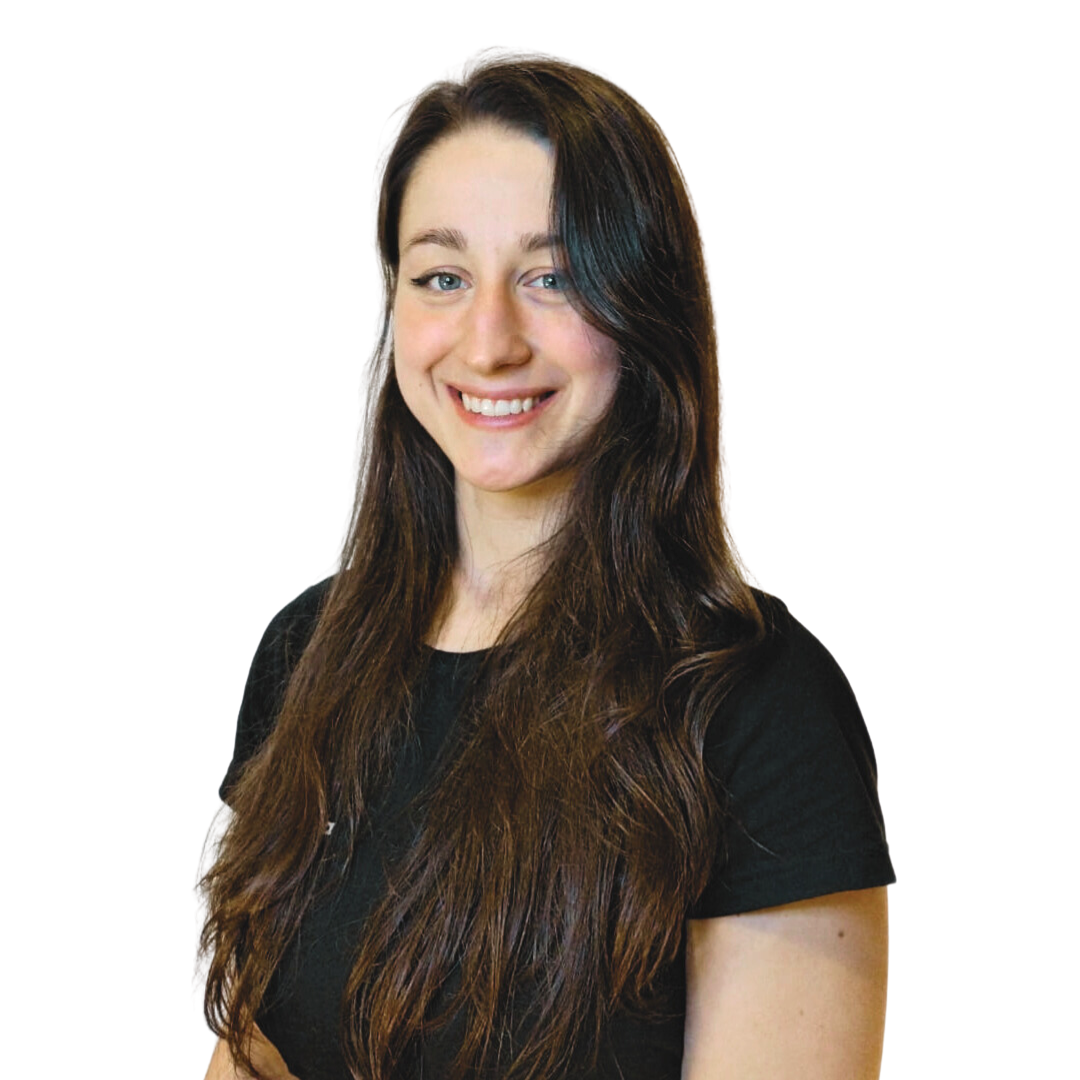
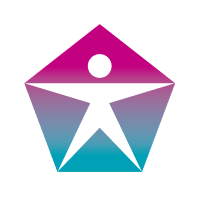
Adam Lipiński –
Wielkie uznania dla Pawła za ogrom wiedzy. Kurs świetny pod względem merytorycznym jak i praktycznym. Polecam . Gorące pozdrowienia dla prowadzących
Magda –
Każdy fizjo powinien mieć ten kurs już za sobą 🙂 nawołuje do zapisów! 🔥
Agnieszka –
Cała wiedza o pracy z pacjentami ortopedycznymi w pigułce 🙂 to szkolenie zdecydowanie pomogło mi w pracy z pacjentami urazowymi, zarówno pod kątem terapii manualnej, jak i ćwiczeń i zaleceń dla pacjenta. Polecam!
Marceli –
Super szkolenie!
Ogromna wiedza prowadzących, bardzo dużo praktyki i super atmosfera. Polecam
mikołaj –
Rewelacyjne szkolenie pokazujące zupełnie inne spojrzenie na problem i dające bagaż świetnych technik. Paweł jest bardzo dobrym szkoleniowcem , którego poznałem już wiele lat temu, ale to z jaką charyzmą i lekkością prowadzi swoje autorskie szkolenie i w jaki sposób zaraża do swojej pasji którą jest praca z pacjentami pooperacyjnymi to cięzko to opisać tylko trzeba zobaczyć na własne oczy.
gorąco polecam
Joanna –
Paweł świetnie przygotowany i co dla mnie było na duży plus – aktualne doniesienia odnośnie protokołów leczenia. Fajna atmosfera na kursie i naprawdę poziom merytoryczny na 10. Dziękuję:-)